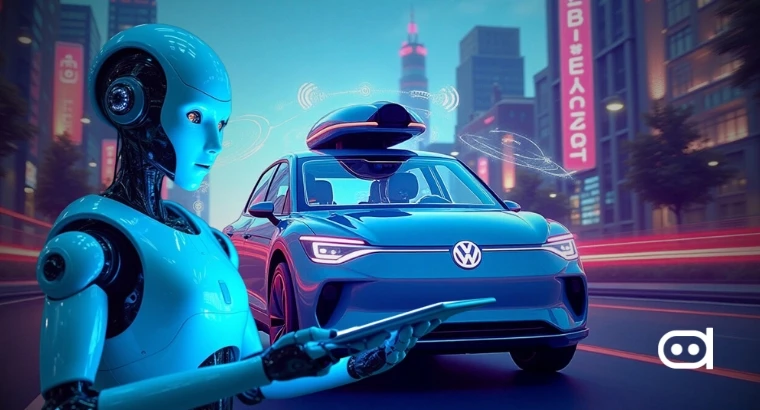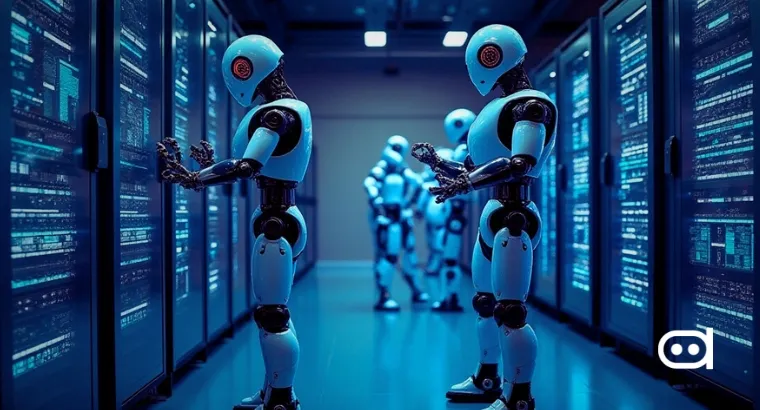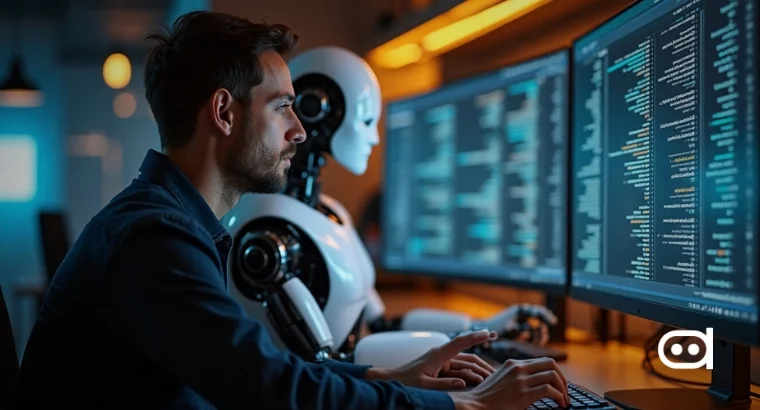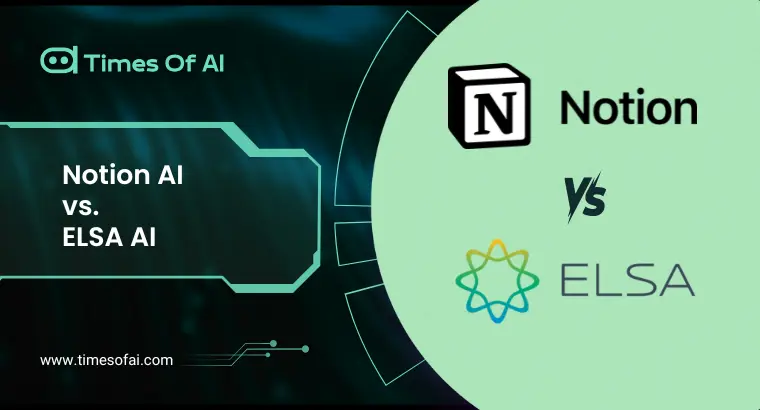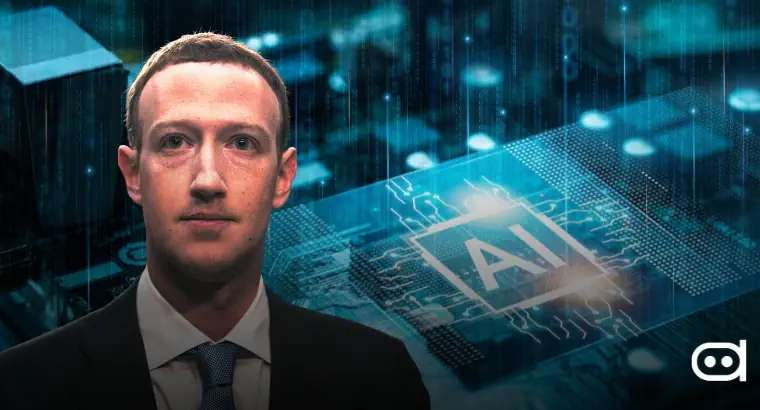
- Mark Zuckerberg, the CEO of Meta, is making a bold bet on the future of AI, predicting that it will take 5-7 years to achieve the massive scale necessary for AI agents to come online and revolutionize industries.
- With a clear focus on the potential of AI, Zuckerberg emphasizes the importance of scaling AI models to unleash their full potential, envisioning a future where AI agents become integral to everyday life.
Mark Zuckerberg, the world’s tech visionary, has turned his focus and attention to artificial intelligence (AI) and has made some predictions that might revolutionize the technology industry. According to a recent conversation, he is of the opinion that AI models need to be scaled to attain possibly a level of intricacy and functionality that would permit AI agents to go online; it will approximately take 5-7 years for this scale to be achieved, thus marking a pivotal moment in the development of AI.
Zuckerberg’s vision goes beyond the current capacity of AI, where machines perform specific tasks, into a future where AI agents can engage in more complex human-like interactions. He believes these AI agents could reinvent customer service or healthcare in various industries through personalized and efficient solutions. However, this could only be realized if AI models keep scaling, which, according to Zuckerberg, is indispensable for unlocking its complete potential.
He pointed out that achieving such massive scales would take work. It encompasses technological advancements in artificial intelligence as well as ethical considerations involving society and the economy. According to Zuckerberg, AI will become part of everyday life, like the internet, and companies like Meta should play leading roles.
In addition, he stressed collaboration is the key to achieving these dreams. He requested partnerships between IT firms, government officials, and universities in order to direct moral concerns on developing АI for public good purposes.
Moreover, although he admitted job displacement plus privacy issues are among potential risks associated with Al technologies, like what happened after World War II when nuclear weapons were used by governments who wanted their nations not to use them on other countries unless they were attacked first still, Zuckerberg maintains responsible innovation plus regulation have the power to mitigate them.
From a business standpoint, Zuckerberg sees Al as the Core Growth Engine behind Meta’s success story. The organization is presently investing heavily in Al research and development efforts so as to move towards integrating Al agents within its platforms and services offered by Meta Company. These AI agents can make the user experience more personalized and efficient, thereby engaging them better and eventually increasing Meta’s revenue.
However, not all have been quick to embrace Zuck’s vision. Some experts argue that the timeline he proposes may be overly ambitious, given the current state of AI technology and the challenges associated with scaling it to the level he envisions. Others express concerns about the concentration of AI power in the hands of a few tech giants, which could lead to monopolistic practices and stifle competition.
ReadMore:Apple’s AI Features Might Cost You $20: What Analysts Predict
Despite these concerns, Zuckerberg remains optimistic about the future of AI. In his opinion, massive developments in Al are expected within the next 5-7 years, which can change lives and industries. His bet on Al is not just a technological gamble but a strategic move to position Meta as a leader in the next wave of innovation.
Conclusion
Mark Zuckerberg’s audacious dream of AI is a testimony to his firm belief in the ability of technology to change everything. For the next 5-7 years, he expects that AI agents will be able to penetrate many aspects of our lives and bring about transformation within various areas. Mark Zuckerberg has,
however, shown his commitment to scaling up AI models and fostering collaboration among researchers. According to Zuckerberg, the future prospects of AI are optimistic; the technology has the potential to alter our lifestyles fundamentally.

